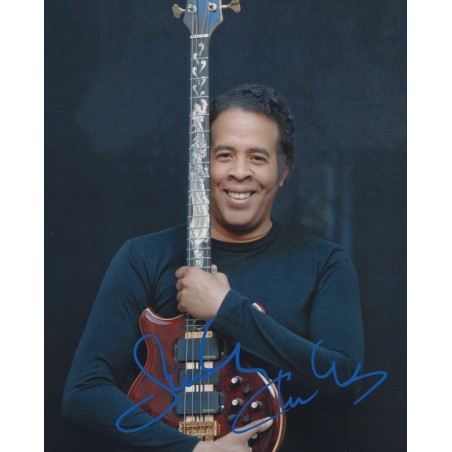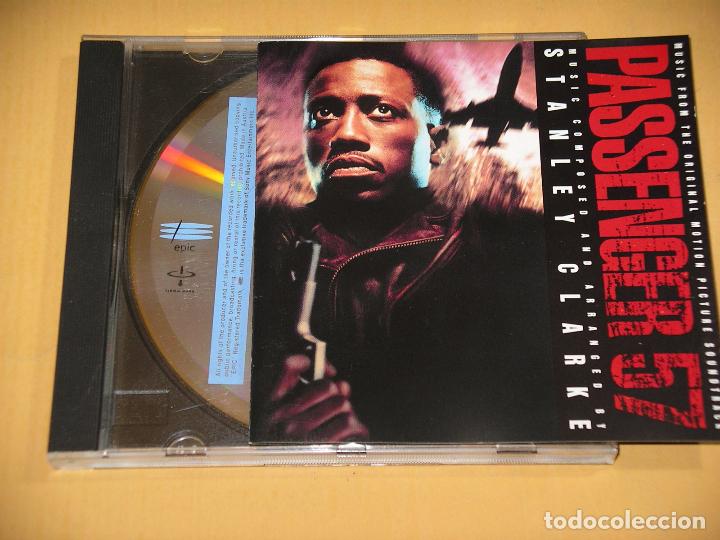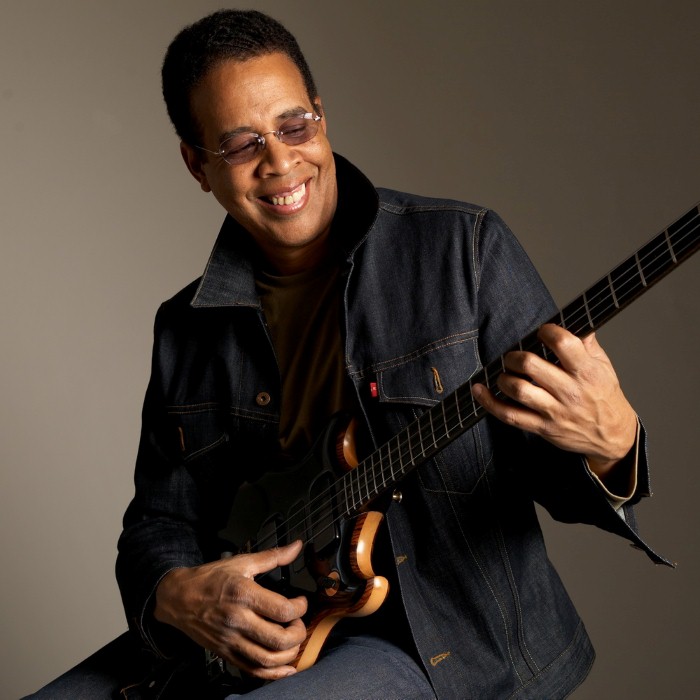


(Soundbite of theme music to "What's Love Got To Do With It")ĬHIDEYA: So when you look at how you broke into the business, being someone who was - you know, you are - but you were in a musician role, and then you were asked to compose. And the cool thing about it is that, you know, I spent a lot of time just working on that one short theme. If you really listen to it and really pay close attention to the music, there's a theme that - I must lay this theme over the picture maybe 10 or 15 times during the course of the picture. And the music, I had it - it's a very thematic score. CLARKE: You mentioned "What's Love Got To Do With It." That film I really liked because, you know, it's a heck of a story, you know. But what was your favorite, either to work on or in terms of how it came out? And you know, each film you have to really approach differently.ĬHIDEYA: What was your favorite? I mean, you've done so many dozens of scores. I've done a lot of television, I've done a lot of - well, there's a lot of films that have a lot of African-Americans in it, I can say that. STANLEY CLARKE (Jazz Musician, Composer): Many of the films that I do are very different from one another, but there was a period where I did a lot of action pictures. Clarke is now one of the most in-demand composers in Hollywood. But for the past 25 years, he's been turning his energy to film and television scoring. He's composed music for more than 65 movies including "The Transporter" and "Boys 'N the Hood."ĬHIDEYA: In the 1970s, Stanley Clarke made a name for himself playing bass. He's a legendary jazz bassist, orchestrator, conductor and film score writer. We're going to hear from two musical giants in the film score industry.

This is News and Notes, I'm Farai Chideya.Īs part of our month-long film series, today we're going to take a look at, or rather, take a listen to, the role of music in the movies.


 0 kommentar(er)
0 kommentar(er)
